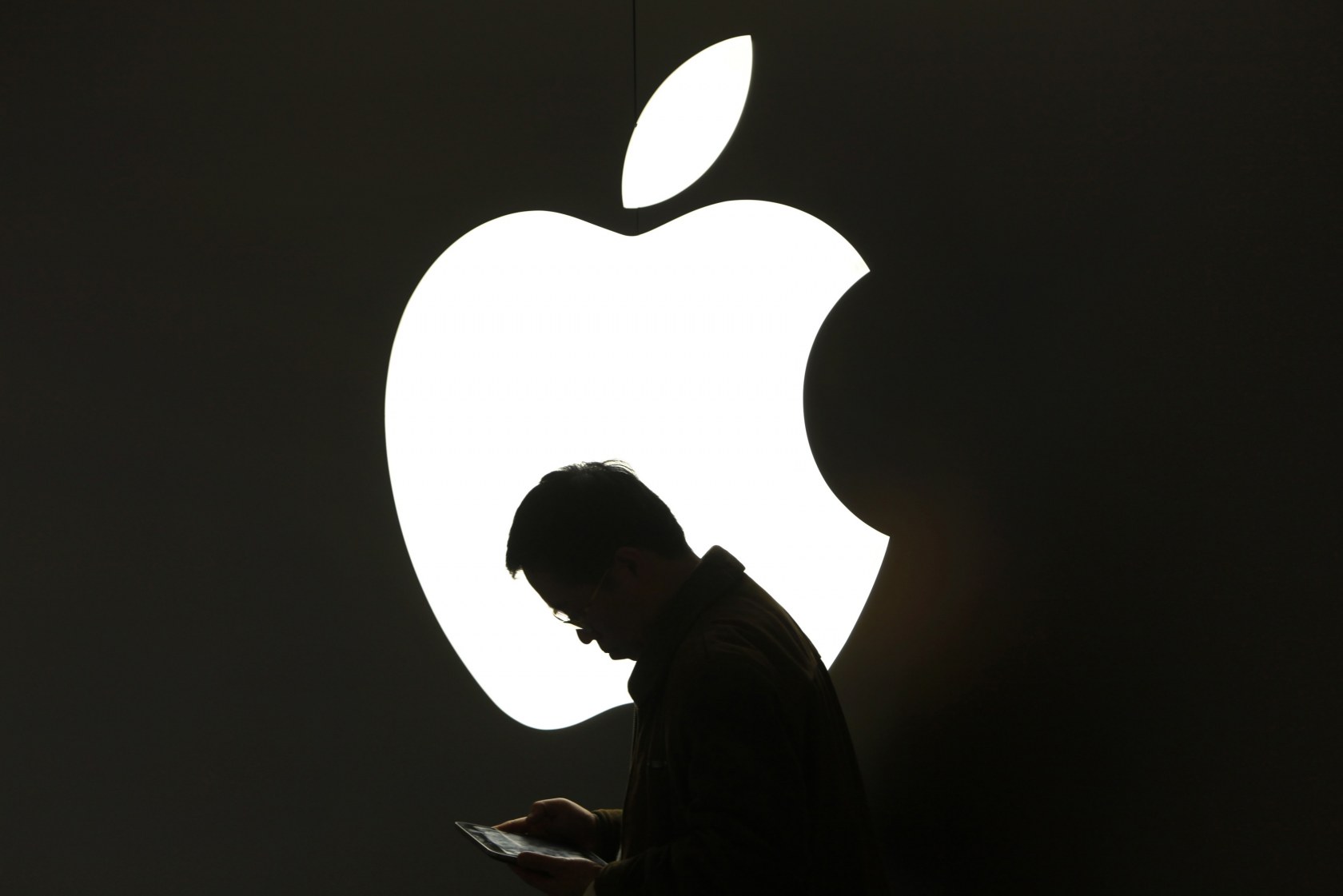What just happened? Celebgate might have come and gone, but the Apple IDs of the rich and famous are still being hacked. Last week, Georgia man Kwamaine Ford pleaded guilty to accessing the accounts of musicians and athletes and stealing their credit card details.
Like the 2014 celebgate, or fappening, incident, Ford used a phishing scheme in which he posed as an Apple customer support representative. He sent thousands of emails to NBA players, NFL players, and rappers, requesting their usernames, passwords, and the answers to security questions.
If the targets handed over their credentials, Ford would change their email addresses and passwords, locking them out. The Justice Department notes that Apple's records showed hundreds of unauthorized logins to victims' accounts.
Several of these accounts contained credit card information, which Ford used to pay for air travel, hotels, and furniture. He also used the stolen details to fund money transfers to online payment accounts under his control.
Ford has pleaded guilty to one count of computer fraud and one count of aggravated identity theft. He will be sentenced on June 24.
"The high profile victims in this case are an example that no matter who you are, hackers like Ford are trying to get your personal information," said Chris Hacker, Special Agent in Charge of FBI Atlanta. "This case demonstrates the need to be careful in protecting personal information and passwords, especially in response to suspicious e-mails. Hopefully this is a lesson for everyone, not just the victims in this case."
In October 2016, Ryan Collins was sentenced to 18 months in federal prison for his part in Celebgate, which saw explicit photos of famous women leaked online. Three more hackers have been sentenced for their roles in the crime since then.
